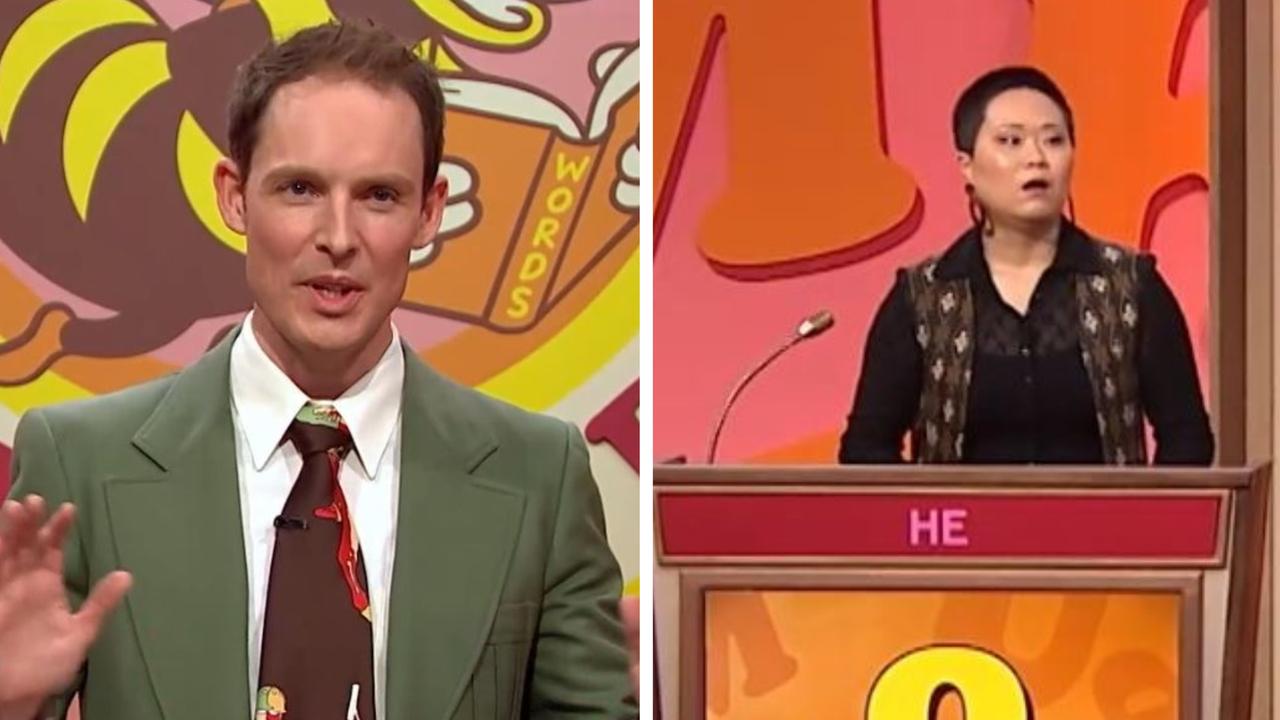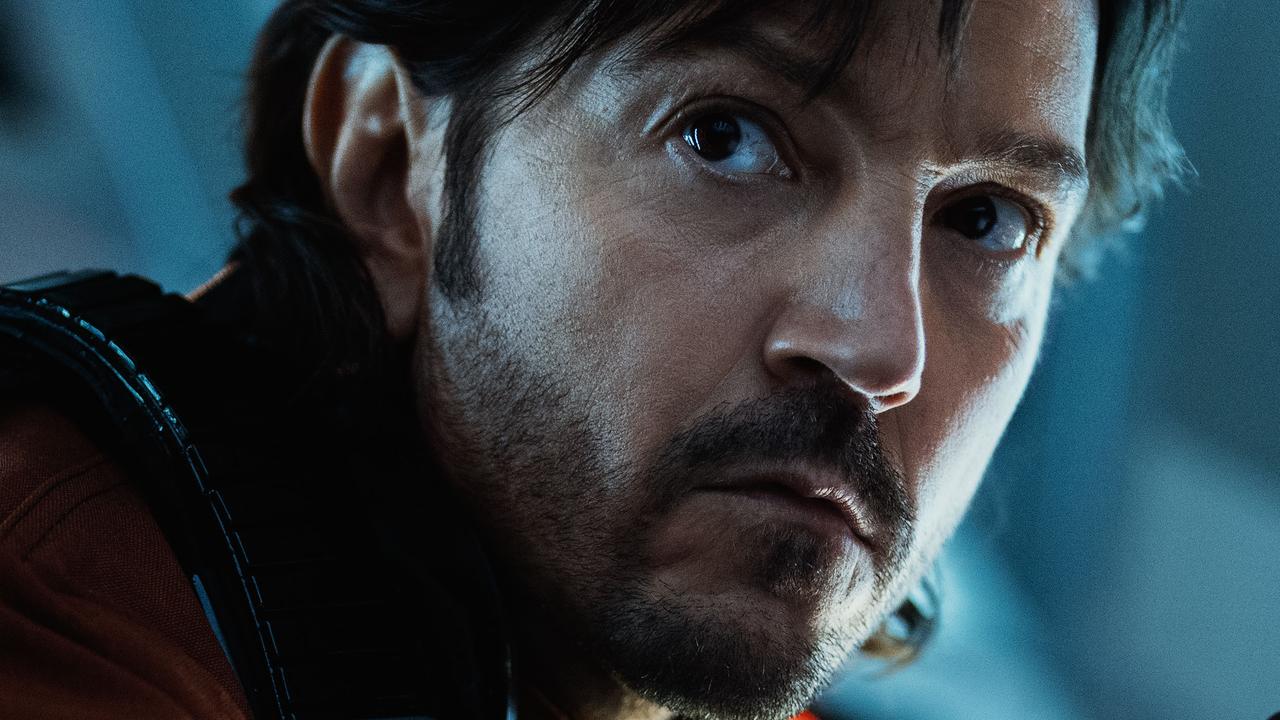Mrs America TV review: Riveting, star-studded historical drama with emotional power
With talent such as Cate Blanchett, Rose Byrne and Elizabeth Banks, it almost doesn’t even matter what the story is.

When it comes to big-name casts, it doesn’t get much bigger than Mrs America.
The new historical drama series stars Cate Blanchett, Rose Byrne, Sarah Paulson, Uzo Aduba, Elizabeth Banks, Margo Martindale, Tracey Ullman and John Slattery. It's streaming now on Binge*.
With that cast, does it even matter what it’s about? They could spend all nine episodes as a troupe of French mimes, and you would still watch it, glued to every moment.
Such is the allure of star power, a gravitational pull like no other, safe in the knowledge that if nothing else, you’re about to see talented actors at the height of their craft bounce off each other on screen, creating alchemy.
But if you do go in for things like plot, characters and production values, Mrs America has that covered too. It has it in spades. Phew.
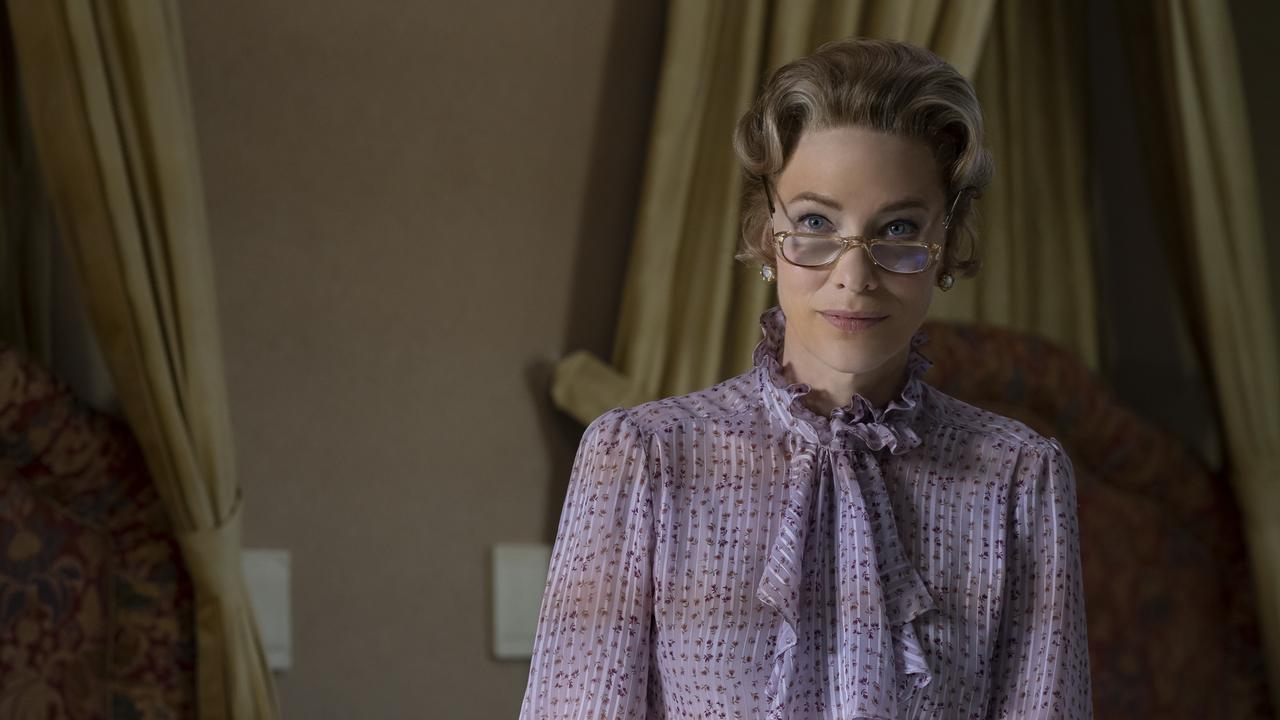
Binge is Australia’s new streaming service, offering the best drama, entertainment and movies from the world’s best creators. You can get a two week free trial by signing up at binge.com.au.
Created by Dahvi Waller (Mad Men, Halt and Catch Fire), Mrs America details the politically charged culture wars of 1970s as seen through the fierce battles between two groups of women – the women’s liberation movement fighting for change and the conservative women fighting for what they perceive as the maintenance of traditional values.
Mrs America is a dynamic and exciting series, fuelled by more than a dozen incredible performances from its lead cast and a supporting cast that also includes Melanie Lynskey, Ari Graynor, Jeanne Tripplehorn and Niecy Nash.
The story is the decade-long battle over the Equal Rights Amendment (ERA), a piece of legislation designed to give American women the same rights as men under the law. While it passed the federal US Congress with ease, the real fight is in the state trenches, where 38 states have to ratify it within a deadline.
Many of the on-screen names will be familiar. Gloria Steinem (Byrne) and Betty Friedan (Ullman) were famous faces of second-wave feminists, spearheading a movement that changed the social fabric of Western societies.

On the other side of the battleline is Phyllis Schlafly (Blanchett), a conservative warrior who advocated for women’s domestic roles and decried homosexuality, reproductive rights and more.
Schlafly is less known in Australia, unless you were an ardent student of 20th century American history or you were paying attention during the third season finale of Marvelous Mrs Maisel and googled her name afterwards – Schlafly is the congressional candidate Midge takes down on live radio.
Schlafly, as Blanchett portrays her, is a nest of contradictions. She’s clearly incredibly smart, savvy and an effective organiser, mobilising a network of mostly housewives to stand in opposition to the ERA.
Her arguments are fearmongering (women can be drafted into war; wives will be left without alimony) but she’s a charismatic communicator. It’s easy to see how Schlafly, who spent her early career writing about national security and weapons, would become a champion for female conservatives.
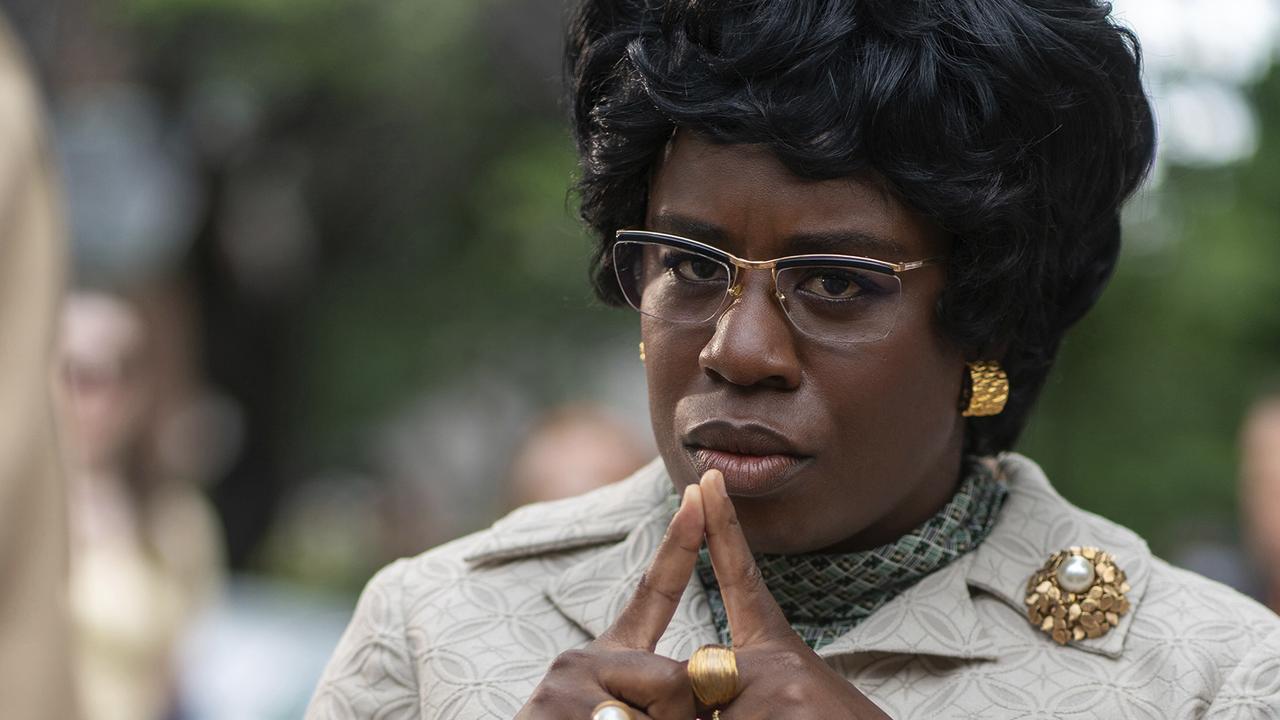
Looking for things to pass the time? The best shows to watch, the funniest videos, the best hacks? Find it all at our Life (goes on) in Lockdown section
But where Mrs America is effective is in melding the public with the personal. Schlafly may have argued for the preservation of women in the domestic sphere, but she was an ambitious person who packaged that as service for a greater cause rather than acknowledge her own desire for influence and power.
On the progressive side, the series explores Friedan and Steinem’s rivalry, each, to an extent, jealous of the other – Steinem of Friedan’s credibility and influence; Friedan of Steinem’s popularity.
Then there’s the nascent movement among the African-American feminists, led by Shirley Chisholm (Aduba) and Flo Kennedy (Nash), a group of women trying to grapple with fighting for civil rights and women’s rights and the tension between those priorities.
It’s long being argued that the women’s liberation movement was predominantly a white movement that didn’t address the different experience of minority women.
These character studies, which the series admits was massaged for dramatic licence, reveals the turmoils behind the scenes of an ugly battle, not just against each other, but within their own tribes.
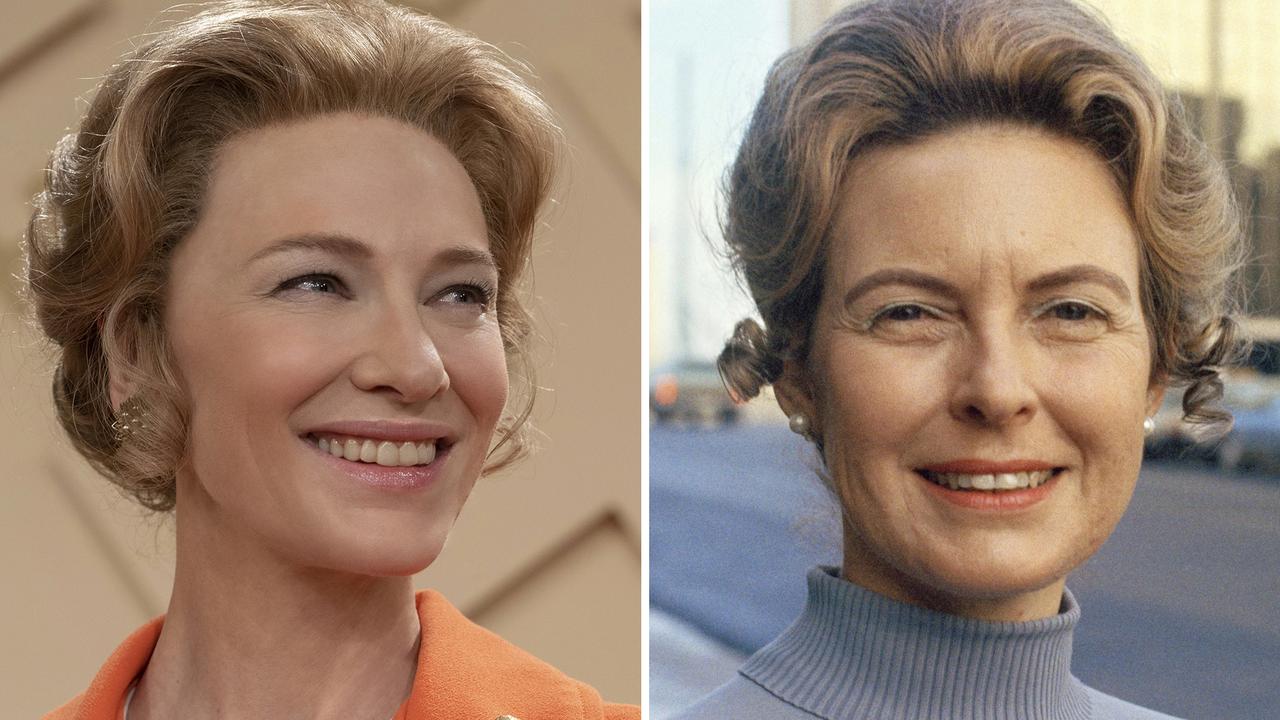
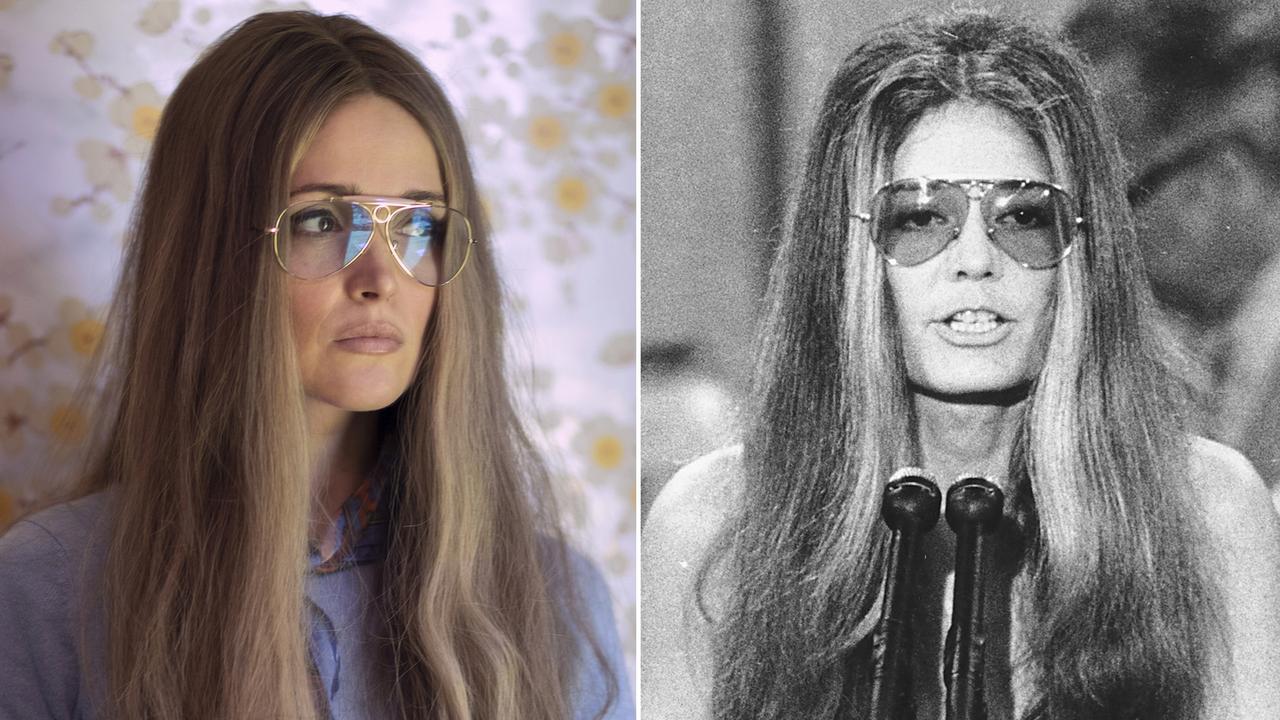
RELATED: Seven movies to watch at home this week
RELATED: The soothing TV we need right now
It’s a nuanced portrait of a turbulent and significant era. It’s also a reminder of how much women in 2020 owe to this group of activists however incomplete the feminism project continues to be.
Maybe Mrs America is a rallying cry to propel the women of today to pick up a movement left hanging, the recent women’s marches notwithstanding, in much the same way my own copy of Friedan’s seminal The Feminine Mystique, bought 15 years ago from a long-defunct bookstore, is still bookmarked at page 151, unfinished.
But if it is a rallying cry, it’s a surprisingly subtle one. Mrs America is, above all, a form of commercial entertainment. It’s not a gender studies class with dense, academic arguments.
Mrs America, like the actual women who led both sides of the movement, weaponises emotional power.
It uses the tools at its disposal – which in addition to that phenomenal cast includes accomplished directors Anna Boden and Ryan Fleck (Half-Nelson, Captain Marvel) and Amma Asante (Belle) – to craft a riveting and engrossing TV miniseries.
Mrs America is streaming now on Binge
Share your TV and movies obsessions | @wenleima
*Binge is majority owned by News Corp, publisher of news.com.au



